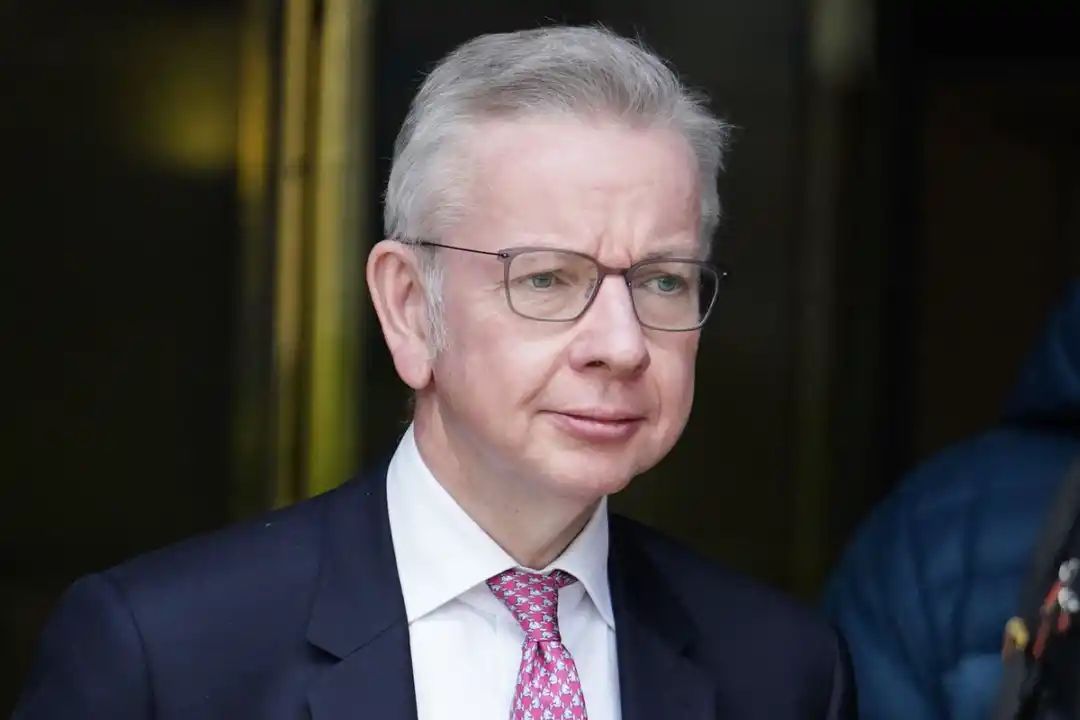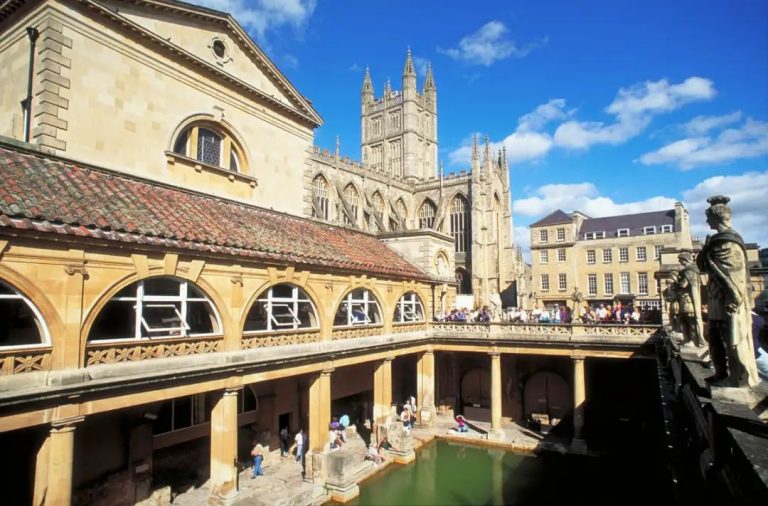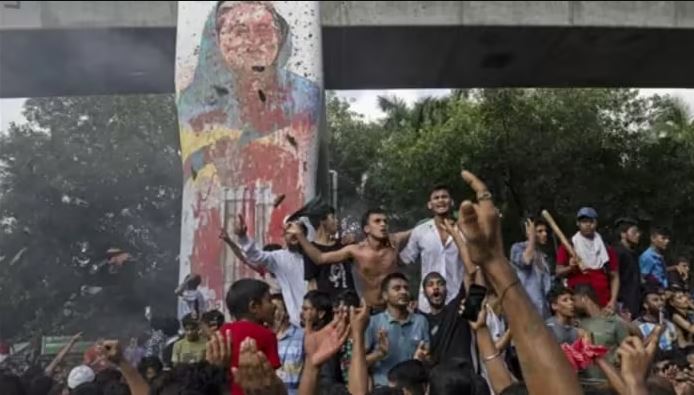Gove names groups to be assessed under Government’s new extremism definition
In the Commons, the Communities Secretary used parliamentary privilege to tell MPs he had concerns about the “Islamist orientation” of three Muslim-led organisations and said two far-right groups promoted a “neo-Nazi ideology”.
Views held by organisations such as the Muslim Association of Britain, Cage and Mend (Muslim Engagement and Development), as well as the British National Socialist Movement and Patriotic Alternative, will be assessed and the Government will “take action as appropriate” if they meet the description, he said.
The announcement came against a backdrop of rising antisemitic and Islamophobic incidents since the October 7 Hamas attacks in Israel.
Speaking to MPs on Thursday, Mr Gove said the country’s values of inclusivity and tolerance were “under challenge from extremist groups which are radicalising our young people and driving greater polarisation within and between communities to further their own ends”.
To “protect our democratic values and enhance social cohesion, it is important both to reinforce what we all have in common, and to be clear and precise in identifying the dangers posed by extremism”, he added.
The new definition “makes clear extremism can lead to the radicalisation of individuals, deny people their full rights and opportunities, suppress freedom of expression, incite hatred, weaken social cohesion, and ultimately, it can lead to acts of terrorism”.
Although Mr Gove said most extremist materials and activities are not illegal and do not lead to terrorism, citing examples of Islamist and neo-Nazi groups operating lawfully in Britain, he added: “But they advocate and work towards the replacement of democracy with an Islamist or Nazi society.”
He told the Commons: “Organisations such as the Muslim Association of Britain, which is the British affiliate of the Muslim Brotherhood, and other groups such as Cage and Mend (Muslim Engagement and Development) give rise to concern for their Islamist orientation and views.
“We will be holding these and other organisations to account to assess if they meet our definition of extremism and will take action as appropriate.”
Describing the activities of extreme right-wing groups as a “growing worry”, he added: “I’m sure that we would agree that organisations such as the British National Socialist Movement and Patriotic Alternative – who promote neo-Nazi ideology, argue for forced repatriation, a white ethno-state and the targeting of minority groups for intimidation – are precisely the type of groups about which we should be concerned and whose activities we will assess against the new definition.
“The activities of the extreme right wing are a growing worry, the targeting of Muslim and Jewish communities and individuals by these groups is of profound concern requiring assertive action.”
The Government is “in no way intending to restrict freedom of expression, religion or belief” but it “cannot be in a position where, unwittingly or not, we sponsor, subsidise or support in any way organisations (or) individuals opposed to the freedoms we hold dear”, he warned.
The new definition will give the Government “the tools that it needs to protect us” against extremist activity, Rishi Sunak told broadcasters during a visit to Gloucestershire.
The overhaul comes after the Prime Minister’s impromptu Downing Street speech earlier this month in which he warned of “forces here at home trying to tear us apart”, although work on the definition has been ongoing for a number of months.
Groups covered by the definition, which is designed to include conduct that falls short of criminality but is still deemed “unacceptable”, will be denied access to Government funding and prevented from meeting ministers and officials or gaining a platform that could “legitimise” them through association with the Government.
There is going to be a robust process led by subject-matter experts within the department, advised by other experts, with ultimate sign-off from the Communities Secretary and the Home Secretary
Prime Minister’s official spokesman
The definition – which comes into force on Thursday – describes extremism as “the promotion or advancement of an ideology based on violence, hatred or intolerance” that aims to “negate or destroy the fundamental rights and freedoms of others” or “undermine, overturn or replace the UK’s system of liberal parliamentary democracy and democratic rights”.
It also includes those who “intentionally create a permissive environment for others to achieve” those aims.
The previous definition, published in 2011, described extremism as “vocal or active opposition to fundamental British values, including democracy, the rule of law, individual liberty and mutual respect and tolerance of different faiths and belief” as well as “calls for the death of members of our armed forces”.
Downing Street said a list of organisations the definition covers will be published in the coming weeks.
The Prime Minister’s official spokesman told reporters: “There is going to be a robust process led by subject-matter experts within the department, advised by other experts, with ultimate sign-off from the Communities Secretary and the Home Secretary.”
Groups on the list will only be able to appeal against their inclusion by seeking a judicial review in the High Court.
The PA news agency has contacted, or attempted to contact, all five groups named.






